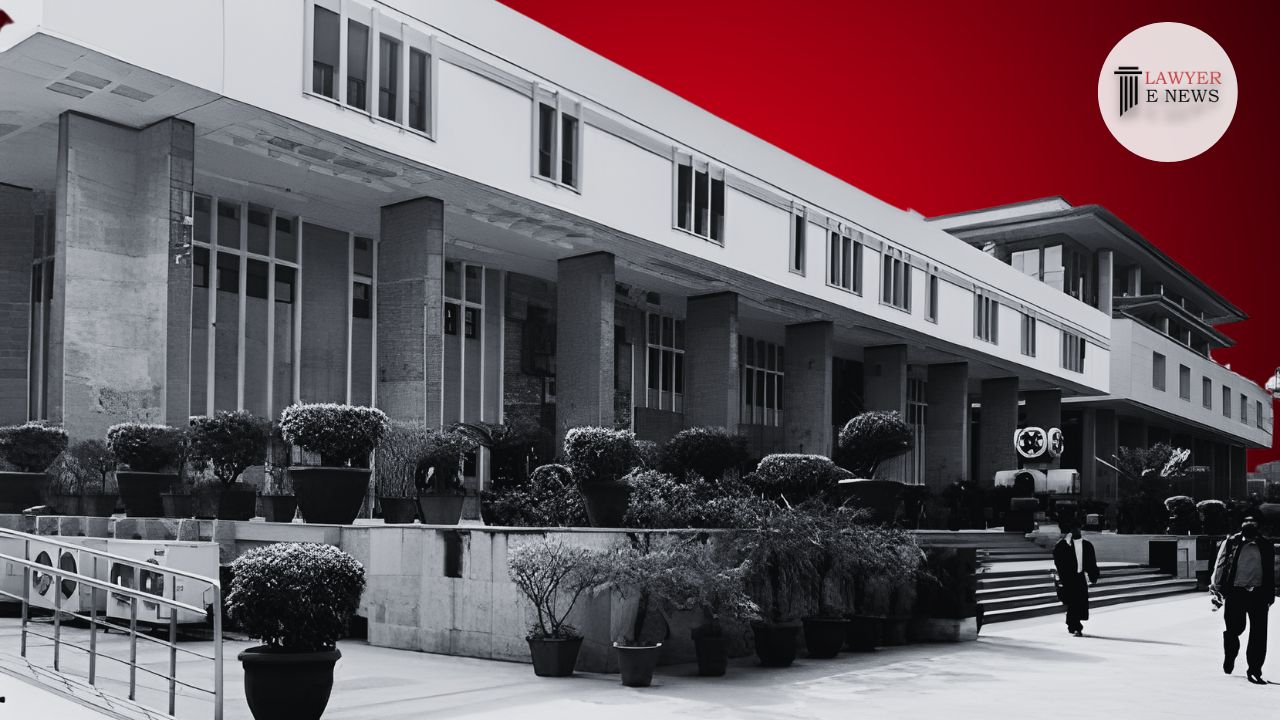-
by sayum
17 February 2026 8:32 AM



In a significant ruling that underscores the impact of social media in legal paradigms, the Delhi High Court has held that retweeting allegedly defamatory content is tantamount to ‘publication’ under Section 499 of the Indian Penal Code (IPC), thereby attracting liability for defamation. The judgment was delivered in the case of Arvind Kejriwal Vs State & Anr [CRL.M.C. 6347/2019], where the petitioner, a public figure with a substantial social media following, was summoned under Section 499 IPC for retweeting content alleged to be defamatory against the respondent.
Justice Swarana Kanta Sharma, while dismissing the petition challenging the summoning orders, emphasized the pivotal role of a user’s reach and influence on social media platforms in evaluating defamation cases. The Court observed, “Retweeting a content, which is allegedly defamatory, on Twitter account and projecting it to be as if his own views, will prima facie attract the liability under Section 499 of IPC, for the purpose of issuance of summons.”
The judgment marks a crucial development In the understanding of defamation in the digital era. It recognizes the amplified impact of defamatory statements when disseminated through platforms like Twitter, where information can rapidly reach a global audience. “In today’s world, when the law with regard to posting of a defamatory content by way of re-tweeting or reposting is still not settled and is evolving, the Court has to adjudicate a case on the basis of the test of a reasonable common man and the social background of the parties concerned,” the Court noted.
Furthermore, the Court highlighted the need for balancing freedom of speech with the necessity to protect individuals from reputational harm. The judgment also delved into the essential ingredients of defamation under IPC, discussing the legal implications of social media’s role in spreading defamatory content.
The Court clarified that its observations are solely for deciding the instant petition and should not be construed as an opinion on the merits of the case, which will be adjudicated upon during the trial.
Date of Decision: 05.02.2024
ARVIND KEJRIWAL VS STATE & ANR
